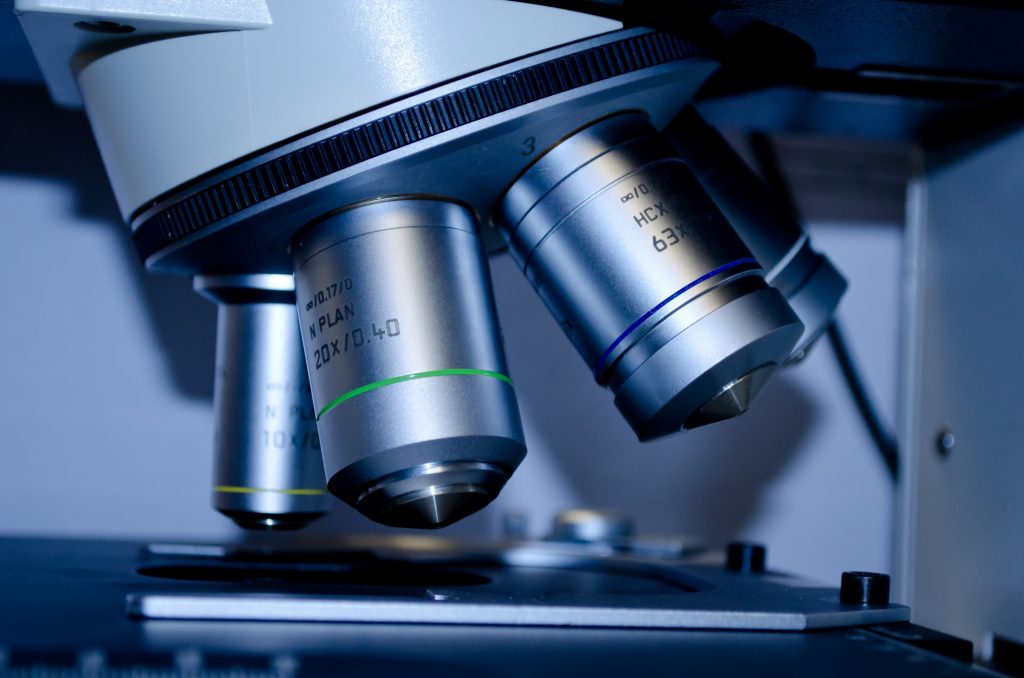The term “molecular diagnostics” refers to laboratory tests used to identify a disease, or the predisposition to a disease, by analyzing DNA- (deoxyribonucleic acid) or RNA (ribonucleic acid) or their proteins, in humans or, in the case of infections, in microbes. Its scope includes the clinical testing devices, as well as their reagents and supplies, that are utilized in hospitals, clinics, commercial laboratories, reference laboratories, research institutes, and doctors’ offices to detect cells and proteins for the purpose of diagnosis and monitoring disease.
Molecular diagnostic technologies have been and will continue to play an important role in the practice of medicine, public health, pharmaceutical industry, forensics, and biological warfare in the 21st century. Some of these technologies include nucleic acid amplification like the polymerase chain reaction (PCR), fluorescent in situ hybridization (FISH), peptide nucleic acids (PNA), electrochemical detection of DNA, biochips, nanotechnology, and proteomic technologies. Many applications of molecular diagnostics are for infections but are now increasing in the areas of genetic disorders, pre-implantation screening, and cancer. Molecular Diagnostics represents the application of the principles of basic molecular biology to the investigation of human disease processes.
Many genetic diseases have now been characterized that result from the mutation of a single gene or are associated with a specific chromosomal rearrangement. These genetic diseases include sickle-cell anemia, hemophilia, cystic fibrosis, Duchenne muscular dystrophy, Tay-Sachs disease, Down syndrome, Li-Fraumeni syndrome, Wilms tumor, Prader–Willi syndrome, Angelman syndrome, and many others. Our ever-broadening insights into the molecular basis of disease processes continue to provide an opportunity for the clinical laboratory to develop and implement new and novel approaches for diagnosis and prognostic assessment of human disease.
Moldiate Laboratory
